Paul Kita for Men’s Health rounds up some interesting info from the latest International Food Information Council Foundations’s Food and Health Survey:
Seventy-three people said they’ve heard of a “plant-based diet,” according to a survey by the International Food Information Council Foundation. Fifty-one percent of those polled said that they would be interested in learning more about a plant-based diet.
But here’s the thing: Even though consumers are familiar and interested in plant-based diets, they aren’t quite sure exactly what that means.
From the same survey…
• People who defined a “plant-based diet” as a vegan diet that avoids all animal products, including dairy and eggs: 32 percent.
• People who defined a “plant-based diet” as a diet that emphasizes minimally processed foods derived from plants and limits the consumption of animal products: 30 percent.
• People who defined a “plant-based diet” as a vegetarian diet: 20 percent.
• People who defined a “plant-based diet” as a diet that limits animal products and encourages eating as many fruits and vegetables as possible: 8 percent.Neither the USDA nor the FDA currently have a definition for the term “plant-based.” Same goes for the medical and research community.
I’ve always felt that the term “plant-based” was a tabula rasa for historically hurricaned “vegan” term.
Veganism has zealots, while plant-based does not. Vegans are strict, while plant-based is ostensibly flexible. Vegans have a cultural history, PETA memories, and fairly set public perception. Plant-based appears new, different, and filled with opportunity.
This small switch let a lot of new people who hate vegans to try vegan food and not feel like they’re breaking their own moral code. “Plant-based” as a term is the best thing to happen to vegans since vegetables.
